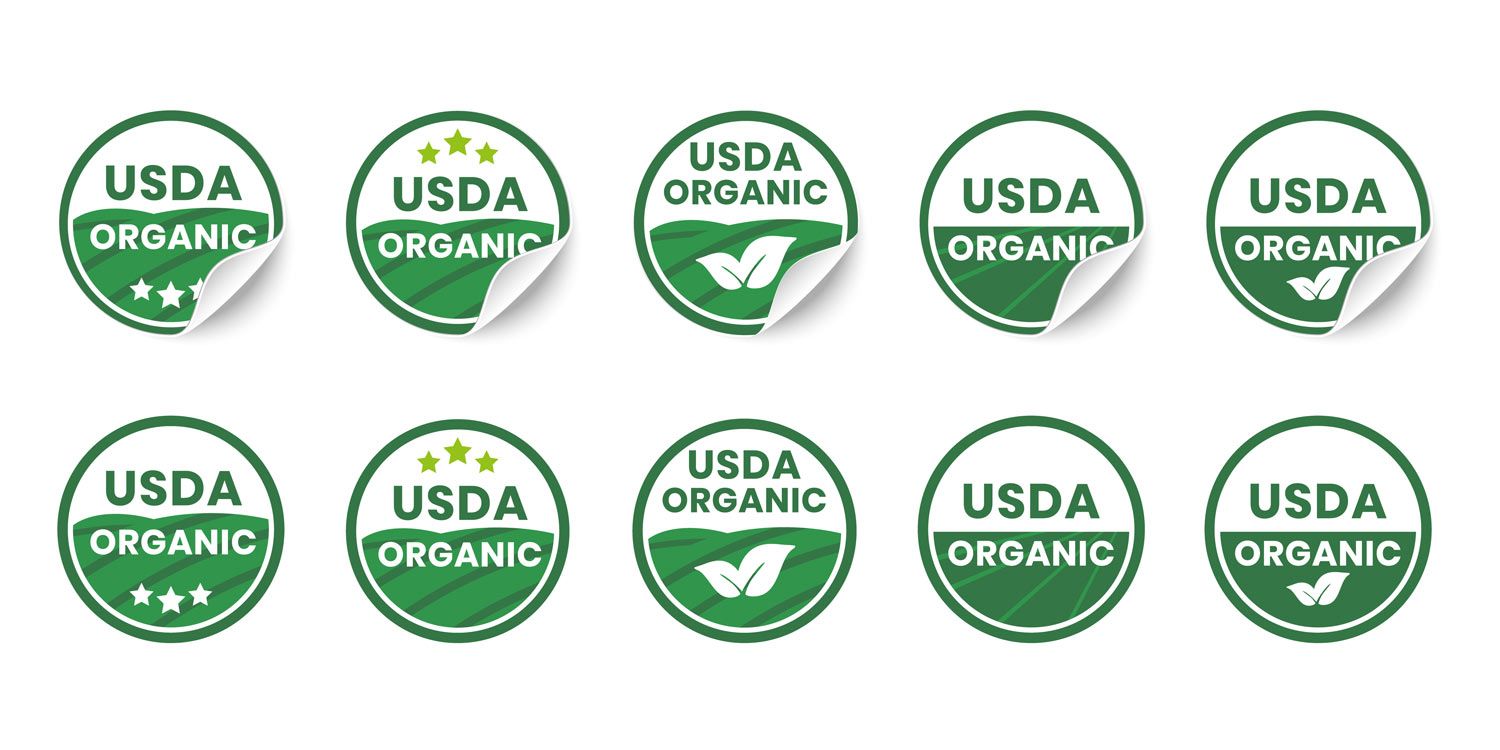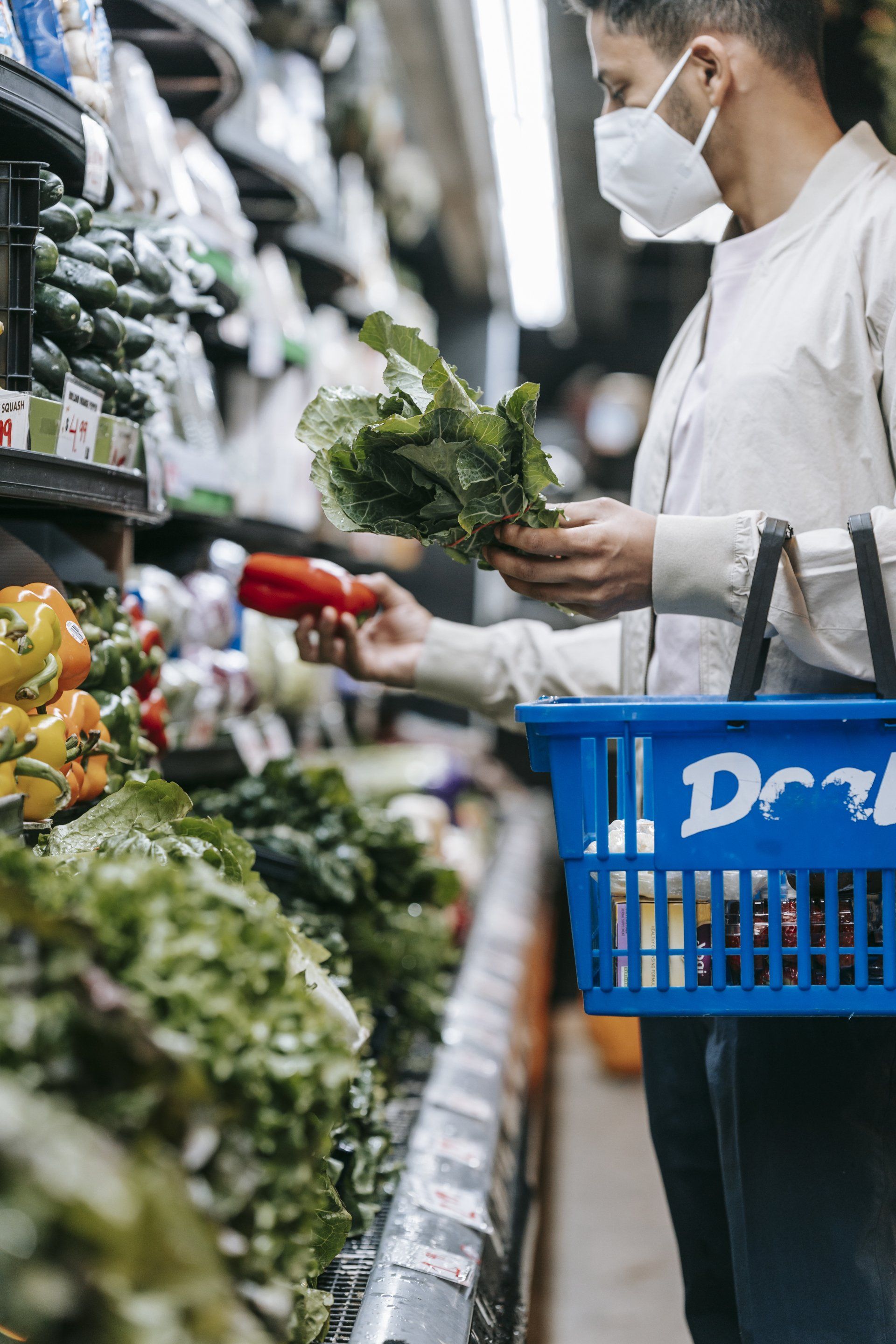Labeling Organic Produce
Make it clear!

Properly labeling organic produce is not only a legal requirement but also a crucial aspect of maintaining the integrity of these products. From storage and shipping to refrigeration, each step of the process plays a significant role in ensuring that organic produce reaches consumers with its organic certification intact. In this comprehensive guide, we will delve into the importance of proper labeling for organic produce and provide essential tips and guidelines on mastering this art. Whether you are a farmer, distributor, or retailer, this guide will equip you with the knowledge and tools necessary to meet regulatory requirements and satisfy consumer expectations in the organic industry.
The importance of proper labeling for organic produce
Proper labeling of organic produce is of utmost importance for numerous reasons. Firstly, it helps consumers make informed decisions about the products they are purchasing. Organic labeling signifies that the produce has been grown using organic practices and has undergone rigorous certification processes. This enables consumers to choose products that align with their preferences for healthier and more sustainable options.
Secondly, proper labeling ensures transparency and builds trust between producers and consumers. When organic products are clearly and accurately labeled, consumers can have confidence that they are getting what they pay for - organic produce that meets specific quality standards.
Additionally, proper labeling is necessary to adhere to legal requirements. Regulatory bodies, such as the USDA in the United States, have specific guidelines and standards that must be followed for organic labeling. Failure to comply with these regulations can result in legal consequences, such as fines or even the loss of organic certification.
In the next section, we will explore the essential elements that should be included in proper labeling for organic produce, ensuring compliance with regulations and consumer expectations.
Understanding the regulations and requirements for organic labeling
Properly labeling organic produce requires a thorough understanding of the regulations and requirements set forth by regulatory bodies. In the United States, the main authority responsible for organic labeling is the USDA. They have specific guidelines and standards that must be followed in order to legally market products as organic.
One important requirement is that organic products must be certified by an accredited certifying agent. These agents verify that the produce has been grown and processed according to organic standards. The certification process involves inspections, documentation, and adherence to strict guidelines.
Labeling should clearly indicate the product's organic status using specific terms such as "100% organic," "organic," or "made with organic ingredients." Each of these terms has different criteria that must be met.
In the following section, we will further explore the specific labeling requirements for organic produce and how to properly communicate the organic status of the products to consumers.
In addition to following proper labeling practices, it is equally important to educate consumers about organic labeling. Many consumers may not fully understand the significance of organic labels and how they impact their purchasing decisions. By providing education on organic labeling, you can empower consumers to make informed choices and foster a deeper appreciation for organic produce.
One way to educate consumers is by including informational brochures or pamphlets with your organic produce. These materials can highlight the benefits of organic farming, the rigorous standards set by the USDA, and the positive impact organic produce has on the environment and personal health. Additionally, you can utilize social media platforms or your website to share educational content about organic labeling, including blog articles, infographics, or videos.
By taking the time to educate consumers, you not only create a more knowledgeable customer base but also build trust and loyalty for your brand. Consumers who understand the importance of organic labeling are more likely to actively seek out and support organic produce, leading to increased sales and positive brand recognition.
In the following section, we will discuss the role of third-party certifications and their influence on organic labeling. Stay tuned to learn more about how these certifications can enhance the credibility of your organic produce and provide assurance to consumers.
Properly labeled organic produce not only provides transparency to consumers but also offers numerous benefits for both producers and consumers alike.
For producers, having accurate and compliant organic labels can significantly enhance their brand reputation and marketability. When consumers see a certified organic label, they trust that the product has met strict standards and has been produced without the use of synthetic pesticides, fertilizers, or genetically modified organisms (GMOs). This increased consumer trust can lead to higher demand for organic produce, ultimately driving sales and revenue for producers.
Furthermore, properly labeled organic produce allows producers to tap into the growing market of health-conscious consumers who prioritize clean eating and environmental sustainability. By clearly labeling their products as organic, producers can attract a niche market of consumers who actively seek out organic options and are willing to pay a premium for them.
From the consumer's perspective, properly labeled organic produce offers the assurance of genuine organic products. By purchasing products that bear the USDA organic seal or other certified organic labels, consumers can trust that they are making choices that support their health and contribute to a more sustainable food system.
In addition to the absence of synthetic pesticides and GMOs, organic farming practices promote soil health, conserve water resources, and protect biodiversity. By choosing properly labeled organic produce, consumers can support these sustainable farming practices and contribute to the overall well-being of the planet.
Next, we will delve into the importance of understanding the different organic labeling terms and certifications to ensure that you can make informed choices when purchasing organic produce. Stay tuned for the next section, where we will unpack the significance of various organic labeling certifications and what they mean for consumers.
So, understanding the importance and benefits of properly labeling organic produce is key for both producers and consumers. For producers, accurate and compliant organic labels can enhance their brand reputation, increase marketability, and tap into the growing market of health-conscious consumers. These labels instill consumer trust and drive sales, ultimately benefiting the producers' bottom line.
On the other hand, consumers can rely on properly labeled organic produce to make informed choices that support their health and contribute to a more sustainable food system. By purchasing products with certified organic labels, consumers can be confident in their choices, knowing that they are supporting sustainable farming practices and promoting the overall well-being of the planet.
In the next section, we will delve into the different organic labeling terms and certifications that consumers should be aware of when purchasing organic produce. Stay tuned to gain a better understanding of these certifications and how they impact your choices as a consumer.
For more great tips stay connected with us on social media and Linkedin!


